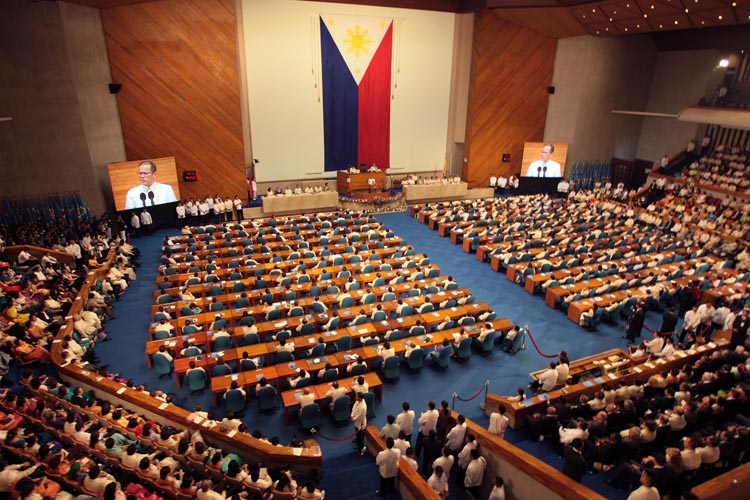Headline
Senate takes up bills prohibiting political dynasties
MANILA — The Senate Committee on Electoral Reforms and People’s Participation is scheduled to hold this afternoon, a Senate panel meeting on the three versions of the proposed Anti-Political Dynasty Act.
Article II, Section 26 of the 1987 Constitution provides that “the state shall guarantee equal access to opportunities for public service and prohibit political dynasties as may be defined by law.
”
Senate President Franklin Drilon however said in a radio interview that this constitutional provision on political dynasties still has no enabling law after 27 years.
“Sa panibagong usapin sa Anti-Dynasty Bill, atin pong dinggin at pag-aaralan ng mabuti kung ano ang kagustuhan talaga ng taong bayan (In this new discussion about the Anti-Dynasty Bill, let’s study the people’s preference carefully),” Drilon said adding that the an Anti-Political Dynasty law will create a major revamp in the political system of the country.
Senator JV Ejercito, author of one of the anti-dynasty bills passed in the senate believes that many Filipinos are qualified to become government leaders are not given the chance to hold public office.
Ironically, Ejercito came from a known political dynasty in the country with his father, Joseph Estrada as the former President and now Manila Mayor and his half-brother Jinggoy also a senator.
“We’re already reaching about a hundred million in population. I do believe that power should not be held by just a few, whether economic or political power,” Ejercito said in an interview with ANC’s Headstart on Wednesday.
Despite being a member of the said dynasties, Ejercito’s Senate Bill 1906 seeks to guarantee equality on access and opportunity to public office by prohibiting political dynasties.
Under his proposed law, relatives of an incumbent elective national official shall also be disqualified from running in the same province where the latter is a registered voter.
Candidates, including their spouses, who are related to one another within the second degree of consanguinity or affinity, shall also be disqualified from holding or running for any local elective office in the same province in the same election.
And no spouse or relative within the second degree of consanguinity or affinity of an incumbent elective official seeking re-election shall be allowed to hold or run for any position in the same province in the same election.
With report from Louis Bacani






















